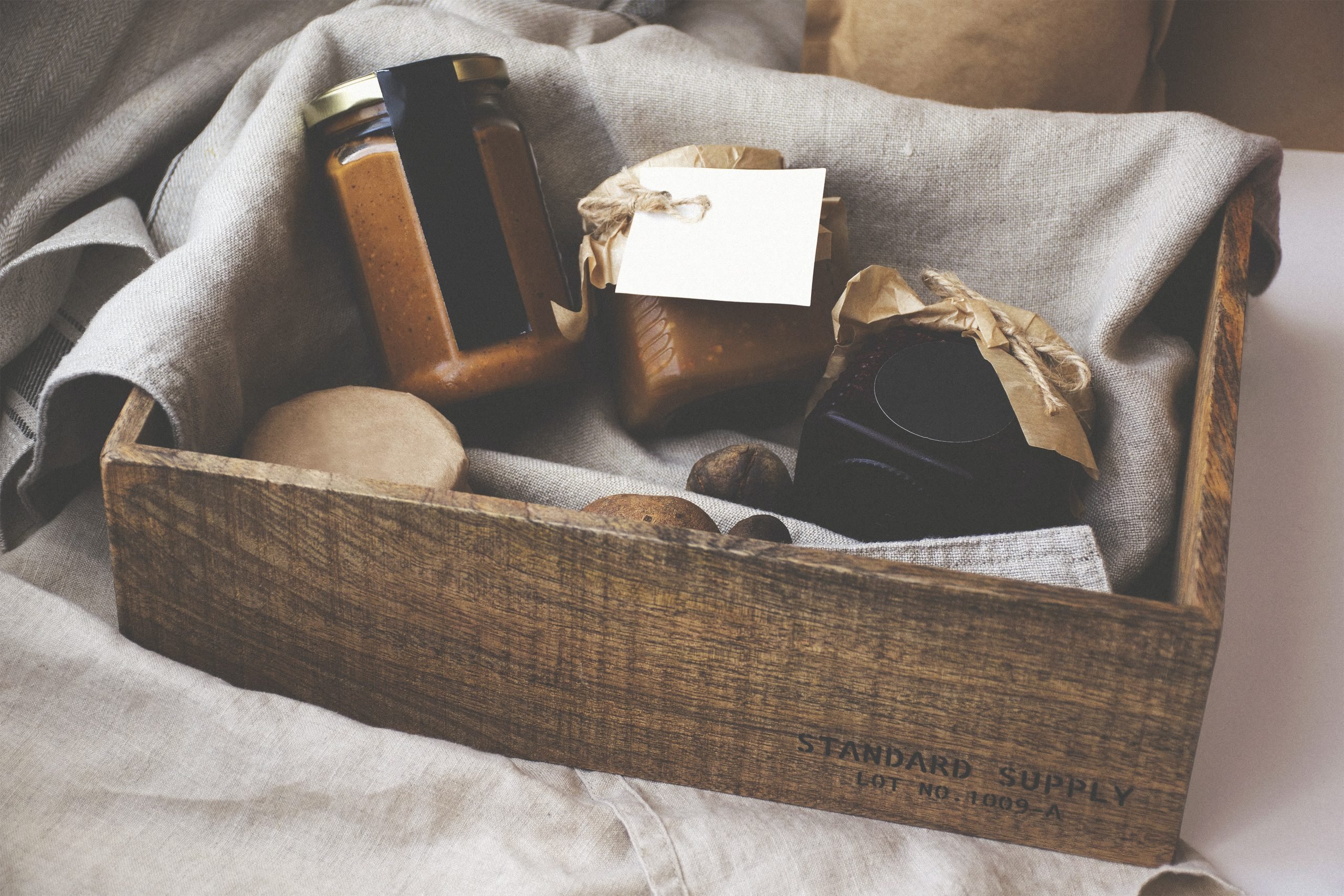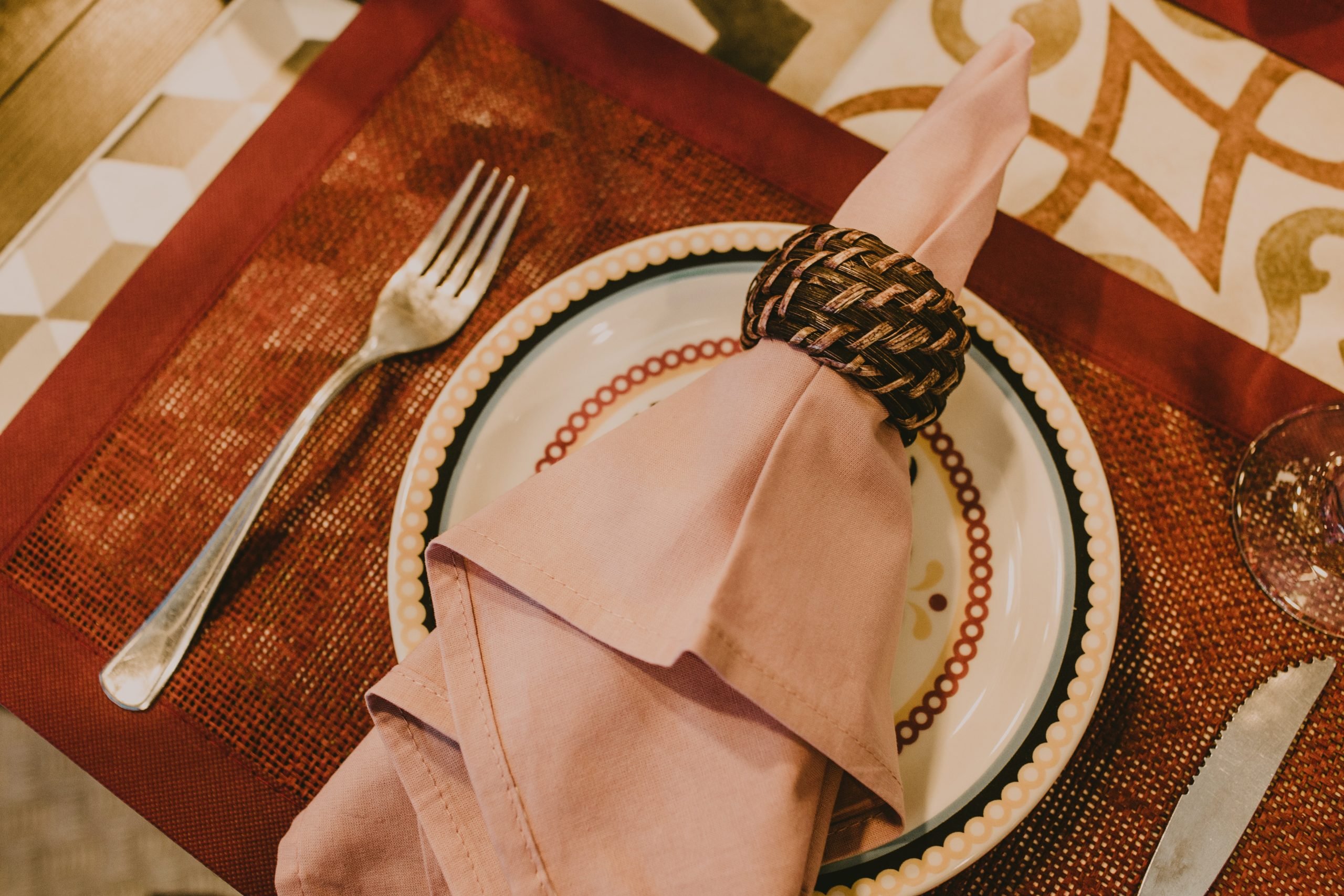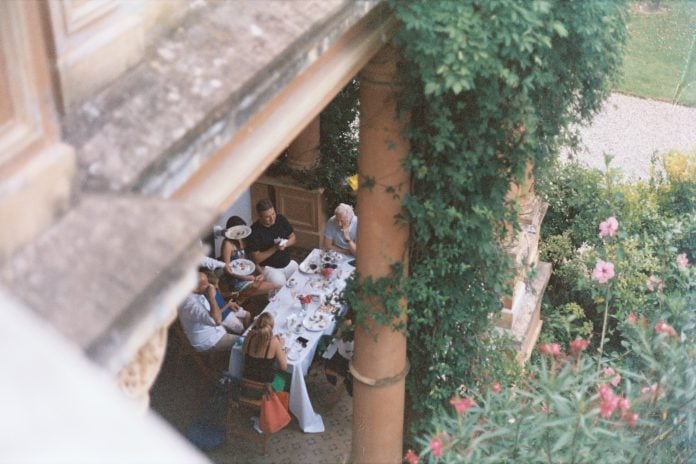Portugal has a distinct set of social norms and etiquette rules. To internationals, these might seem intimidating and even exaggerated. But to the Portuguese, they are a part of daily life and norms that are no longer questioned. If you are visiting Portugal or moving to the country, many of these might surprise you.
While you are not expected to change your way of life and adapt all the social customs and etiquette rules of Portugal, being aware of them will make your life easier. From greetings and dining etiquette to gift giving, let’s look at the do’s and dont’s of Portuguese social etiquette.
Greetings in Portugal
Portuguese greetings are one of Portugal’s most important parts of social etiquette. If you are going to stick to one thing, stick to greetings.
Greetings in Portugal are highly gendered. Men greet each other by shaking hands. If they are close friends, they might shake hands with a pat on the back, like a half hug. They might also give two kisses, one on each cheek if they are related. This depends on a particular family’s dynamic.
Women greet men and other women with two kisses. The first kiss goes on the right cheek and the second on the left. However, it is common for women to shake hands in a professional setting.
However, it can get a bit complicated. In some areas of Lisbon, some people only give one kiss on the cheek. You will have to figure out which friends do this, or you will be left awkwardly hanging. Many argue that those who give one kiss are what is considered “posh” in Portugal.
In big cities, strangers do not usually greet each other in passing, but this depends on your neighborhood. In smaller villages, this is customary. Use bom dia (good morning), boa tarde (good afternoon), or boa noite (good night), depending on the time of day. Use these greetings if you are running into a neighbor on an elevator or outside your house.
Portuguese Dress Code
Regarding the Portuguese dress code, we believe it’s up to you what you wear. Whether you are living in Portugal or visiting, you should express yourself in whatever way you see fit. However, if you want to know the dress code in Portugal, let’s take a look.
It’s been known that Portuguese people equate nice clothing with status. Many can’t afford expensive clothes but will still purchase them. However, this does not necessarily apply to luxury brands like Louis Vuitton or Gucci. Such displays of wealth are often frowned upon if they are not discrete. This does not mean that you can’t have a luxury bag, but pieces such as a Versace coat with the logo all over are seen as tacky.
The Portuguese dress in a casual and elegant style. Jeans are very popular, but they are usually smart and clean. Shirts are typical in the summer, particularly linen ones for both men and women. Dresses are also worn year-round, but particularly in the warmer months. People of all ages wear sneakers, but they are usually well taken care of and clean.

It’s common for people to dress up and men to wear suits to work (usually without a tie). Heels are usually worn on special occasions such as weddings, graduations, and black tie parties.
“Revealing clothes” on women are often frowned upon, especially by the older generation. However, younger women tend to wear whatever they want. We suggest you do the same, regardless of age!
We have noticed that American women often take to Facebook groups to ask whether leggings are worn in Portugal? While they were more common in the early 2010s, recently, they are not perceived as “stylish.” But again, wear whatever makes you comfortable!
Gift Giving in Portugal
Gift giving is significant in Portugal. Gifts are a sign of respect, not bribes. In a business environment, it’s common for companies to send gifts to their business clients and partners, usually in the form of gift baskets. Gifts typically include spirits, whiskey, Port wine, or coffee table books.
This is particularly common for Christmas. You are expected to thank the person for the gift, and an extra thank you note is welcomed.

If you receive a wrapped gift in person, you should open it immediately and thank them. If you are close with the person, usually you would give two kisses to express gratitude.
Bring a gift whenever you are invited to someone’s house for dinner. It doesn’t have to be something expensive; a bottle of wine or dessert will do. If your host says you don’t need to bring anything, do so anyway.
Rejecting any gift is seen as very offensive. Make sure that if you give a gift, never give 13 of that same gift, such as 13 flowers. The number 13 is a bad omen in Portugal, and many older people take this seriously. Some hotels don’t even have rooms with the number 13.
Dining Etiquette in Portugal
Dining etiquette in Portugal can be a bit daunting for first-timers, but you will easily get the hang of it.
The host usually decides where people sit if you are having dinner at someone’s house. You don’t start eating until everyone is served. It’s common for the host to say “bom apetite” or “bom proveito” to signal everyone can start eating.
It gets a bit confusing when it comes to utensils. The knife is held on the right hand and the fork on the left. Do not only use a fork to eat, this is considered rude. The smaller fork and spoon above your plate are for dessert.
When you are done, the knife and fork are set parallel to each other on the plate. This signals to your host or waiter that you are finished. If you are not yet finished, you can lay your cutlery down on either side of the plate. This way, a waiter won’t take your plate.

While dipping bread in a sauce is delicious, it is bad etiquette to do so with your hands in fancier settings. Cut a bit of bread using your hands and then use your fork to dip it in a sauce.
Napkins are usually placed on your lap while eating, especially if it’s made of cloth. When you are done with your meal, fold it before putting it down on the table.
Who pays the bill in Portugal? This varies, but it is usually the one who does the inviting that pays the bill, particularly for adults over 40. However, younger people often just split the bill.
Lunches and dinners often go on until later. Forget a quick meal, this is not common unless you tell them you have to be somewhere. It’s commonplace for guests to enjoy coffee after a meal and socialize. Especially if it is a traditional family lunch, known as an almoco de familia, a meal that starts at 1 pm will easily end at 5 or 6 pm. These family lunches are common in Portugal, especially on Sundays.
Public Displays of Affection (PDA) in Portugal
PDA is often frowned upon in Portugal. This doesn’t obviously include holding hands, hugging, and a quick kiss. However, intense kissing is disrespectful and will get you lots of stares. People might actually come up to you and call this behavior out.
However, sadly, what is considered acceptable PDA does not apply to everyone in a traditional society. Although Portugal has been making progress regarding LGBT rights, it is common for gay couples holding hands to get harassed.
Arriving Late
If you have Portuguese friends, you know they are often late to plans. Booking an 8 pm reservation often means they will be there at 8:30. This is generally accepted but, in excess, can be quite rude.
While not being on time for social events is commonplace, this is seen as unprofessional in the business world.
Talking About Money in Portugal
If you have lived in places like the Netherlands, where you will be often asked the price of your rent, Portuguese culture can come as a shock. It is not socially acceptable to ask people you don’t know well how much they paid for a product or the price of their house.
Definitely never ask someone their salary as this is even frowned upon among family members and close friends.



